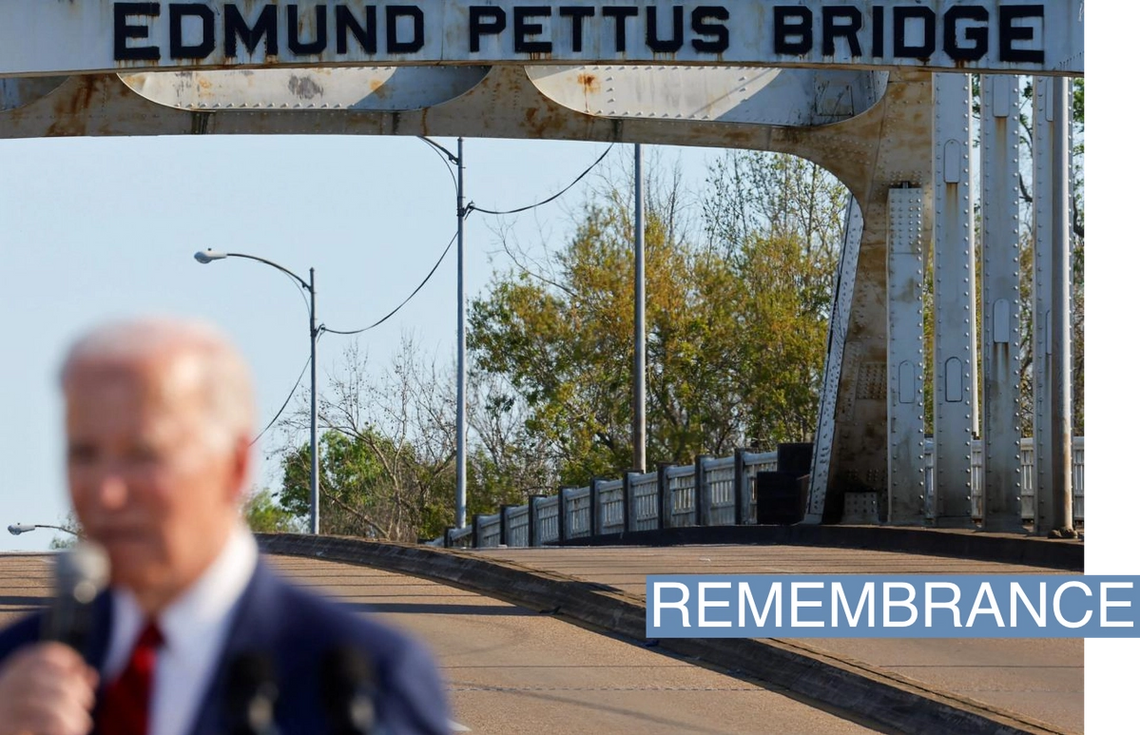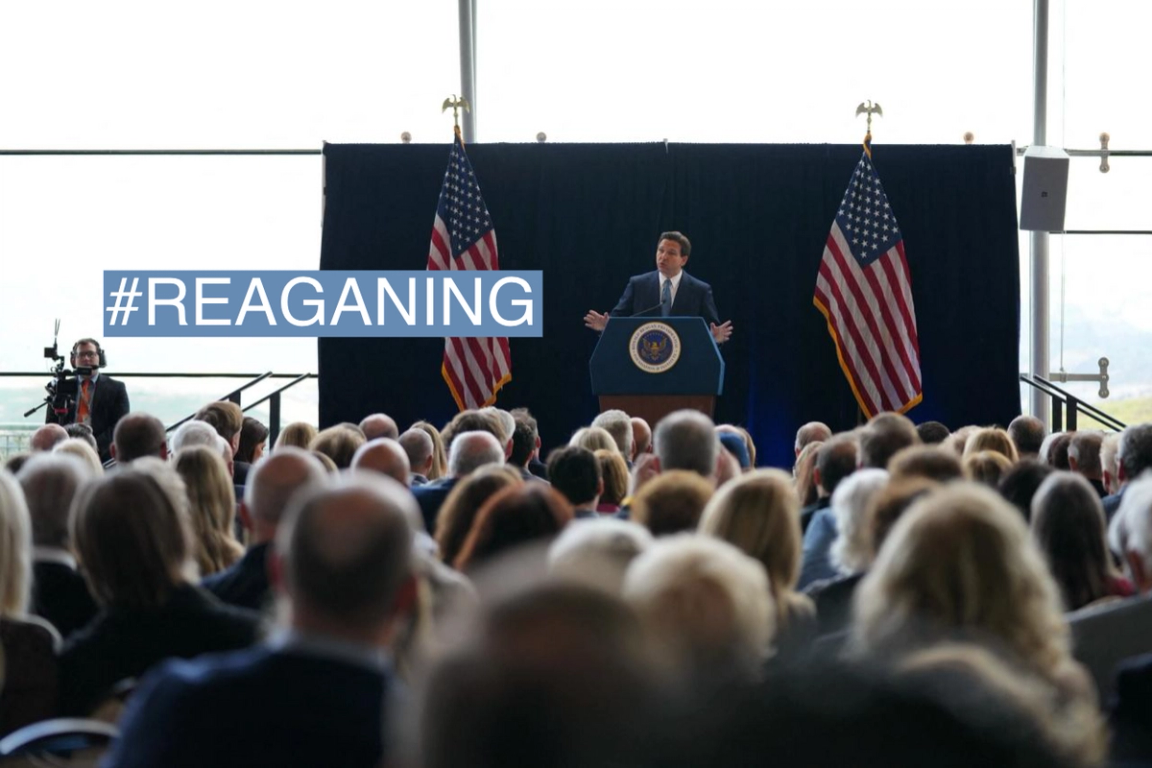 Taiwan Presidential Office/Handout via REUTERS Taiwan Presidential Office/Handout via REUTERS THE NEWS A blockade cutting the country off from food and fuel. Cyberattacks slamming critical infrastructure. Social media saturated with disinformation as panicked citizens try to make sense of the crisis. Lawmakers have come away from recent private meetings in Taiwan concerned not just about the prospect of a Chinese invasion, but a wide range of ways in which Beijing could try to pressure and isolate the island. Rep. Jake Auchincloss, D-Mass., who traveled to Taipei as part of a bipartisan delegation last month, said one official there expressed concerns that China’s navy could halt Taiwan’s crucial energy imports, rather than attempt to take over an island bristling with weapons. “A porcupine can’t be eaten but it can be starved,” Auchincloss said the official told him. Rep. Mike Gallagher, R-Wis., chairman of the China select committee, told Semafor his recent trip to the Island left him with newfound concerns about Beijing’s ability to inundate Taiwan with misinformation and propaganda — what Taiwan’s President Tsai Ing-wen has referred to as “cognitive warfare” — as well as cyberattacks. MORGAN’S VIEW A number of U.S. defense officials have recently downplayed the possibility that China might storm Taiwan in the near future because of the intense military toll it would entail. Colin Kahl, the U.S. undersecretary of defense for policy, told Congress last week for instance that he did not think an attack would occur before 2027. But experts on Asian security have long worried that China, which claims Taiwan as part of its own territory, could use other coercive measures short of a full-scale invasion to try and achieve its goal of reunifying with the island. Those could include a combination of cyberattacks, information warfare, and economic strangulation. Though an all-out blockade of the island would likely require hundreds of ships, planes, and submarines, even a partial one could seal Taiwan off from critical imports like fuel. “There has been an enormous amount of attention paid to whether China will invade,” Bonnie Glaser, director of the Asia Program at the German Marshall Fund, said. “And I think there has been not enough attention paid to what we call gray zone scenarios.”
Thanks to their recent visits, those sorts of threats increasingly appear to be on lawmakers’ radars, too. Fresh off his own trip to the island, Sen. Todd Young, R-Ind., told Semafor he was “persuaded” that China was most likely to target Taiwan with “economic coercion” or “aggressive action short of an actual invasion.” Auchincloss said he was most concerned China might attempt “a de facto if not formal blockade” of Taiwan while blasting its citizens with disinformation. “TikTok, YouTube, as well as traditional media are being used by the Chinese mainland to try to degrade morale,” he said. “It is very pervasive and pernicious.” KNOW MORE Lawmakers are still exploring ways the U.S. can help Taiwan withstand China’s non-military pressure tactics, most of which likely would not prompt the U.S. to risk a global war by responding with force. Gallagher said he would like the U.S. and Taiwan to deepen their cooperation on cybersecurity. On the economic front, lawmakers are eying trade policy as a potential lever. The U.S. is already holding bilateral trade talks with Taiwan, including meetings in Taipei in January. But Auchincloss told Semafor the U.S. should strive to help Taiwan “achieve energy independence” to help pre-empt a Chinese blockade. Young, meanwhile, is a co-sponsor of a bipartisan bill designed to counter “economic coercion” by China by allowing the U.S. to reduce tariffs on goods and waive requirements for export financing to help impacted countries. While Washington is grappling with these “gray zone” threats, the possibility of an all-out invasion still looms large. Gallagher returned from his trip conveying concerns from the Taiwanese about delays in billions of dollars of military assistance and said it’s imperative for the U.S. to move “heaven and Earth to arm Taiwan to the teeth.” ROOM FOR DISAGREEMENT Some U.S. officials and military brass are still deeply concerned that China might try an invasion sooner rather than later. A four-star U.S. Air Force general recently made headlines for predicting war with China over Taiwan by 2025. THE VIEW FROM CHINA In a statement to Semafor, a Chinese embassy official accused U.S. lawmakers of meddling in its “internal affairs” with their trips to Taiwan and urged them to “immediately stop any form of official engagement with Taiwan and immediately stop sending wrong signals to the ‘Taiwan independence’ separatist forces.” | 






